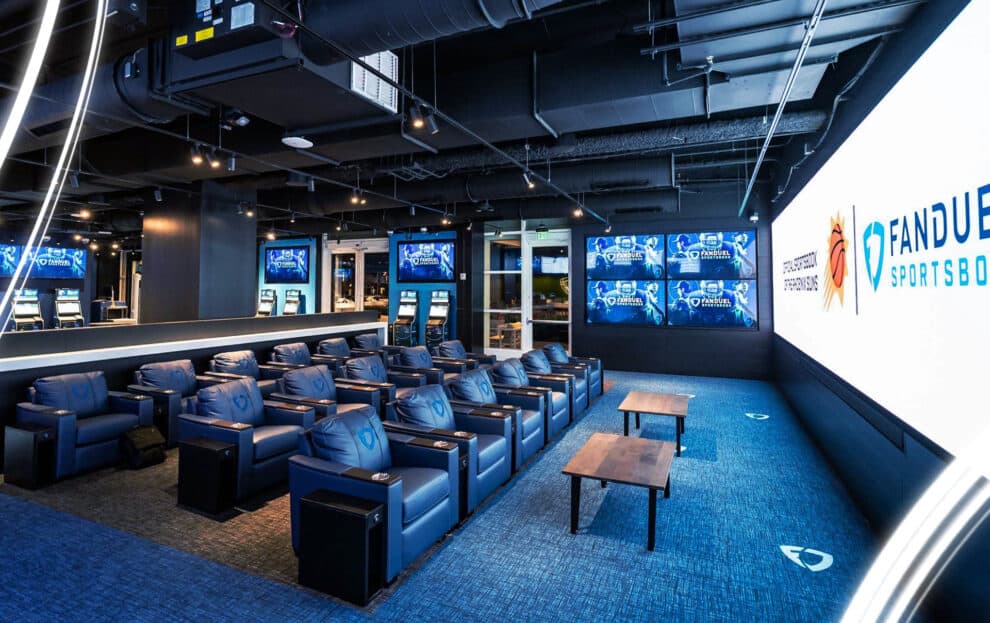
- Most people instinctively look for the lowest prices on most items and services they purchase.
- This doesn’t appear to apply to gambling, however, as people frequently bet without regards to the odds.
- A little knowledge can go a long way toward more gaming profits.
In our daily lives, most of us are instinctively attuned to getting the best bang for our buck. For example, let’s look at a common consumer product: Diet Coke If Store A sells a six-pack of soda for $12.99 and Store B, right next door, prices it at $7.99, it’s quite evident where the savvy shopper will head. This is particularly true if they’re ‘buying in bulk’ This innate instinct for finding value escalates with major purchases. Some states levy no sales tax, making them a magnet for residents of neighboring states who’re looking to buy items like vehicles or electronics. It’s in our nature to hunt down the best deals in our everyday financial activities.
Strangely, this frugal mindset seems to evaporate when it comes to gambling. Let me illustrate with a personal anecdote. A number of years ago back, I was at the legendary Stardust Casino. I was waiting for a football game to begin and decided to indulge in some video poker. What caught my eye were two identical rows of $1 progressive video poker machines. One row boasted a progressive jackpot of $1,200 for a royal flush — pretty standard. The other? A whopping jackpot nearing $3,000. And yet, the $1,200 row was packed, while the other sat deserted.
As someone who’s been a professional sports handicapper for most of my adult like, this scene was baffling. Both sets of machines had the same 1 in 40,000 odds for a royal flush. But those at the $1,200 machines were risking the same amount for half the potential reward. You don’t need to be an expert in ‘expected value’ to realize that they were choosing lower winnings for the same stakes, in the same location.
Often, when I narrate this, people retort with, “They’re just looking for some fun, not serious money management concepts.” Maybe in some contexts, that’d be valid. In this case, a short walk would’ve doubled their potential winnings. It’s not about gain maximization theories, but sheer common sense.
This logic extends to sports betting as well. Bettors who don’t leverage the competitive betting marketplace to get the best odds or point spreads are essentially handicapping themselves. Back in the day, a professional sports bettor or their ‘runners’ in Las Vegas would physically walk from one casino to another to find the best price on a game. With the emergence of online sports betting, comparing odds from multiple ‘places ‘outs’ without leaving your house has become the norm.
Thanks to the evolution of the few US states that run a decent sports betting ecosystem along with the offshore betting industry, getting the top price on a game is now a breeze. Real-time odds comparison tools allow bettors to quickly identify and lock in the best rates. Several services even spotlight the most favorable prices, ensuring you never miss out.
Given the tools at a modern gambler’s disposal, there’s zero justification for not getting the best possible odds on a wager. To willingly accept a substandard price on a wager is lazy and negligent. Whether you’re betting professionally or casually, make it a point to always find the best deal. For pros, it’s about maximizing returns, and for amateurs, it’s plain old common sense.









